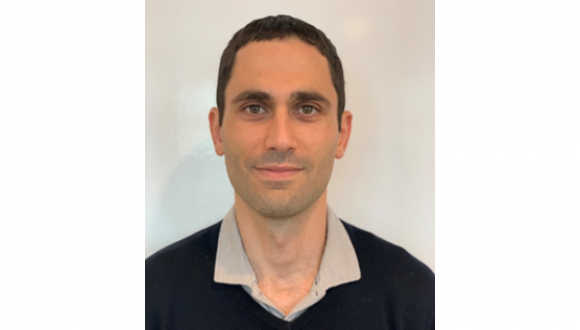September 2024: Ben-David: Aneuploidy cancer cells characteristics may lead to new strategies for targeting and eliminating tumors
Two complementary studies, led by Prof. Uri Ben-David, Edmond J. Safra member (Medicine), in collaboration with research teams in Israel, Italy, the U.S., and Germany, have extensively examined the characteristics of cells with an abnormal number of chromosomes—known as aneuploid cells—and raised findings that may advance new cancer treatments.
Two complementary studies, led by Prof. Uri Ben-David, Edmond J. Safra member (Medicine), in collaboration with the European Institute of Oncology in Milan, have extensively examined the characteristics of cells with an abnormal number of chromosomes—known as aneuploid cells—and raised findings that may advance new cancer treatments. Additional contributors included research teams in Israel, Italy, the U.S., and Germany.
Two articles based on the research were published in the journals Cancer Discovery and Nature Communications.
The researchers found that a significant number of cancer cells are aneuploid, and that they are more vulnerable than healthy cells. Aneuploidy increases the sensitivity of cancer cells to certain anticancer drugs, potentially leading to new strategies for targeting and eliminating tumors. Healthy human cells have 46 chromosomes, while cancer cells often exhibit an abnormal number due to improper division, a condition known as aneuploidy. The researchers used genetically identical human cell cultures to investigate aneuploidy. They introduced a substance that disrupted chromosome separation, creating cells with varying levels of aneuploidy. This setup allowed for a focused examination of aneuploidy’s effects through DNA and RNA sequencing, protein level measurement, drug response testing on 6,000 drugs, and CRISPR screening to identify essential genes. They created a comprehensive database of aneuploid cell characteristics, which could aid in future research and the development of biomarkers to predict cancer patients' responses to treatments.
The research was featured in multiple online newspapers:
JPOST, Medicalxpress, Ieo, Healthmedicinet, ECANCER, ISRAELECONOMICO, IEO, Quotidianosanita, Insalutenews





